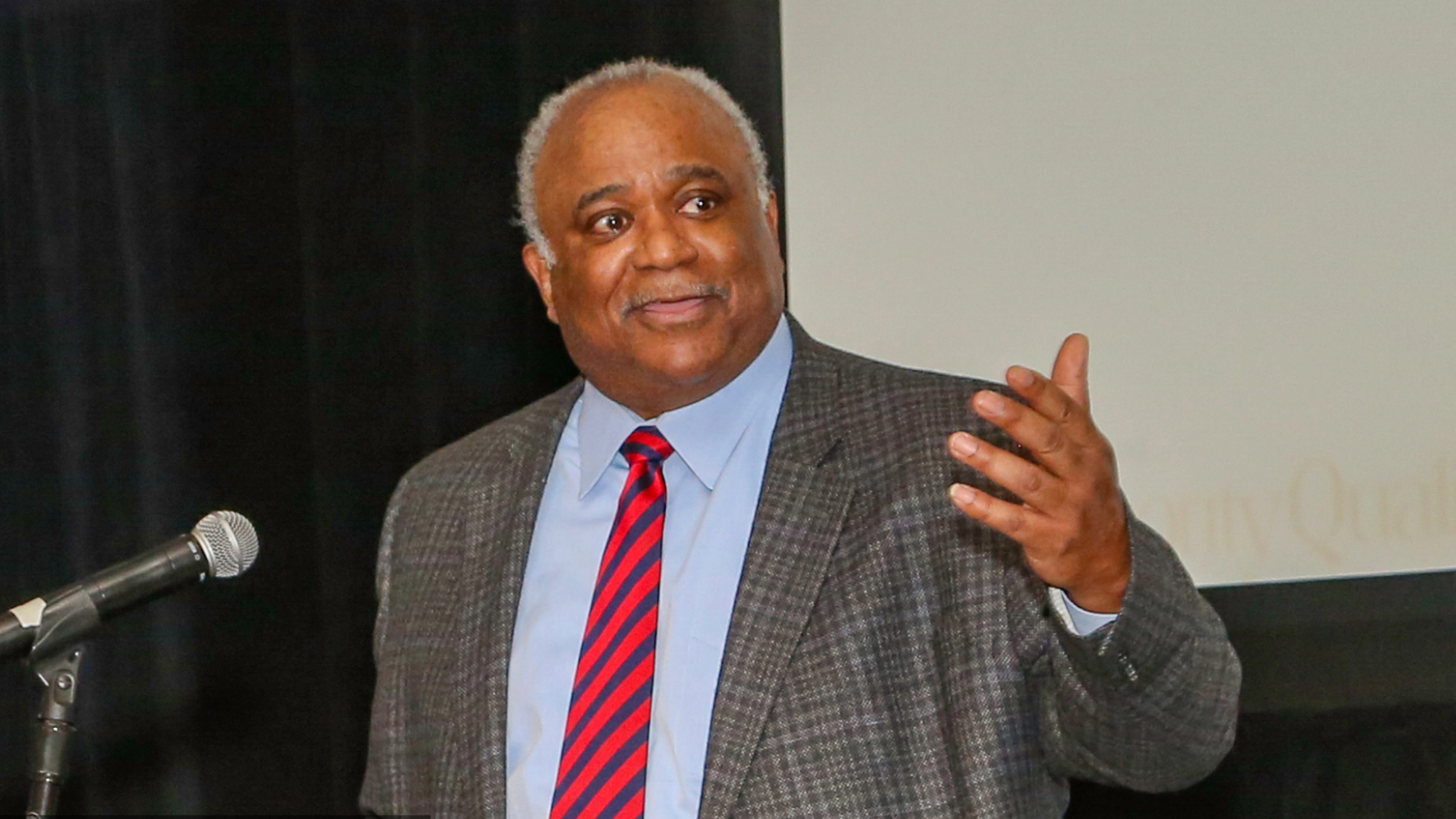
March 18, 2024
By Adjoa Kyerematen
National Minority Quality Forum Announces 2024 “40 Under 40 Leaders in Minority Health” Award Recipients
Read More

60% of Blacks live in communities of one or more abandoned toxic waste sites. In addition, three of the five largest commercial hazardous waste landfills are located in predominately African American and Latino communities. This information was pointed out by Gary A. Puckrein, National Minority Quality Forum (NMQF) president and CEO at a press conference held this week.
A report entitled Cancer Moonshot, Public Policy, and Medically Underserved Cancer Care Communities, was recently submitted to the Cancer Moonshot team at the White House Office of Technology.
Puckrein pointed out public policy had denied many of those in communities marked by low socioeconomic status of the best modern cancer care. He added individuals in these communities were slow to see the benefits of the substantial progress that has been made in cancer screenings and treatment.
On a positive note, Puckrein stated the NMQF stands in full support of President Biden’s Moonshot Initiative.
“It aims to reduce cancer death by 50%,” he said.
He also rose the point that Blacks have the highest death rates and the shortest survival for most cancers.
Otis Brawley, Bloomberg Distinguished Professor of Oncology and Epidemiology of John Hopkins University stated the issue is a Civil Rights problem.
“…We all have the right to a long, healthy life,” said Brawley.
Brawley said Americans must get health promotion into every aspect of their lives, and this could not be limited to health promotion in the workplace.
Dr. Danielle Carnival, deputy assistant to the president for the Cancer Moonshot, White House Office of Science & Technology Policy, said one of the goals of the reignited Cancer Moonshot was to decrease cancer death rate by at least 50% over the next 25 years. She added this would prevent 4 million American cancer deaths by 2047.
Carnival said that although the gap became even wider during the pandemic, there was inequitable access to cancer prevention and treatment even before the pandemic.
In 2020, the Michigan Department of Health and Human Services (MDHHS) confirmed that Flint’s increasingly higher poverty rates and population decline coincided with considerably higher cancer rates within certain areas of the city. Information provided by the City of Flint also points out that last year, MDHSS announced a three-year environmental epidemiology cancer study for the city of Flint.
Flint Mayor Sheldon Neeley, Congressman Dan Kildee and Pastor Kevin Thompson also joined The National Minority Quality Forum (NMQF) and CEO Roundtable on Cancer (CEORT) to introduce the report.
Neeley announced a proposed resolution to commit $50,000 for the purchase of early detection cancer kits. The kits would be intended for the most vulnerable and underserved residents of Flint.
“I lost my mother to breast cancer in 2022, and I experienced with her firsthand the realities
of navigating a healthcare system that isn’t necessarily designed to serve you,” Neeley said. “We know that nationwide, barriers to accessing cancer screening have deadly consequences in communities like Flint. We are seeing widening health disparities as more Black and Brown men especially are diagnosed with cancer too late and are dying as a result. In Flint, we have introduced a first allocation to help our most vulnerable community members access cancer screenings, with more work to come.”
The entire roundtable press conference was livestreamed on Jan. 24 and can be viewed at https://www.youtube.com/watch?v=cHs17oF5fhg
Written by Tanya Terry
View the article from The Flint Courier News: https://theflintcouriernews.com/report-shed-lights-on-medically-underserved-cancer-care-as-communities-aim-for-improvement/